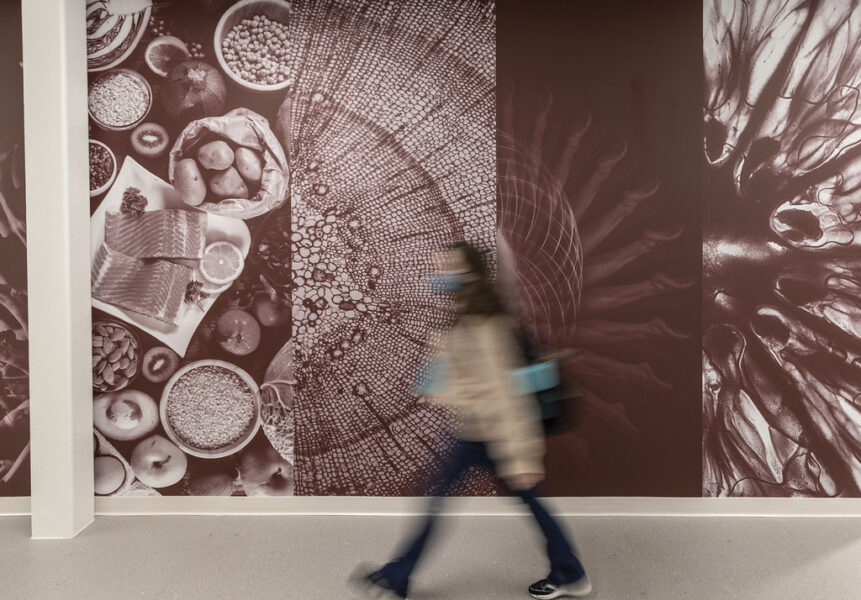
On the 20th of September, the World Health Organisation announced that The Lancet, a prestigious medical journal, would be publishing a series on the health benefits of the arts. This was announced during the United Nations General Assembly Healing Arts Week, which functions as part of a wider Healing Arts initiative, implemented in January 2023 as part of WHO’s 75th anniversary. The series will build on a 2019 report from WHO, amongst other recent studies that cover the overlap between arts and science, which showed that the arts had a positive impact on many aspects of a person’s health such as illness prevention, and the treatment of acute and chronic health conditions. For example, music therapy has been proven to help with pain management, as it can release endorphins, and also evoke memories that distract the patient from their pain.
The arts have also been proven to help with not just physical health, but mental health also. Symptoms of anxiety and depression have been shown to be reduced by art therapy, while coping capacities increased, and participation in the arts has also been shown to help people suffering from mental health conditions and psychological distress. Did anyone else’s schools make them take part in ‘mindfulness colouring-in’ after regaling them with its benefits, in an attempt to help with exam stress and anxiety? No? Just me then?
The arts have also been proven to help with not just physical health, but mental health also.
Some are against art and arts-based treatments because it can be hard to establish the causality of the treatments to the extent that the medical profession expects. However, health is defined in WHO’s constitution as “a state of complete physical, mental and social well-being and not merely the absence of disease or infirmity”, and therefore it can be argued that art can help us reach or maintain this “mental and social well-being”, even if it is in ways that are harder to quantify.
Each of us can probably grasp the impact that art has had on us and our own health. I, for example, read voraciously, and this is one of my main forms of relaxation, a way to de-stress after lots of uni’ work or similar. Moreover, during COVID lockdowns, who didn’t turn to comfort books, films or music to help cope with the mental toll of a deadly global pandemic?
Sir Jeremy Farrar, Chief Scientist at the WHO, said, “For too long we have seen Science and the Arts as separate endeavours”, so are we beginning to see the dawn of a new age, where STEM and humanities students no longer battle each other for superiority? Well, that remains to be seen, but for now it must be enough to know that the arts do indeed have a positive influence on your health. As Dr Miriam Lewis Sabin, North American Executive Editor of The Lancet, said, “The arts must be seen as both central to the human experience and important in the maintenance of good health”.


